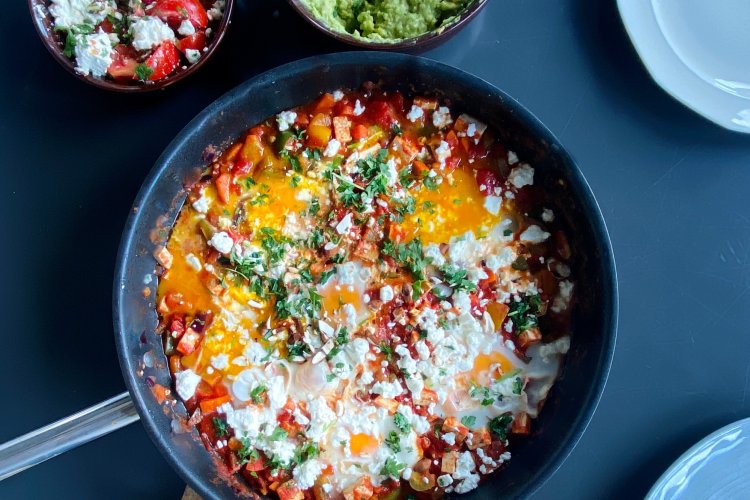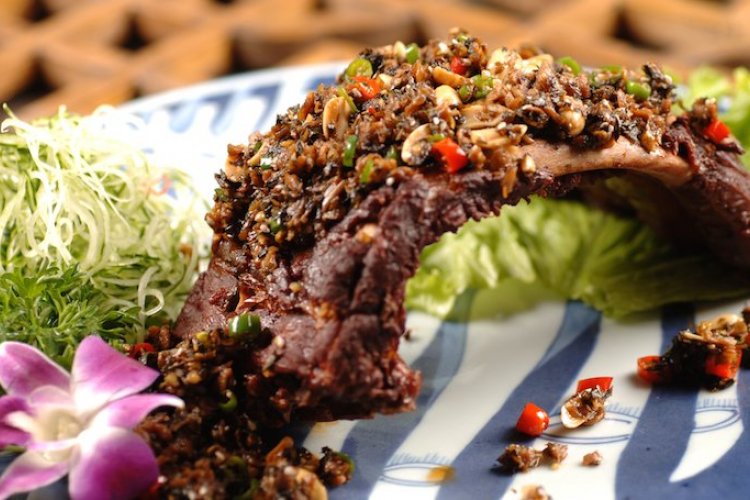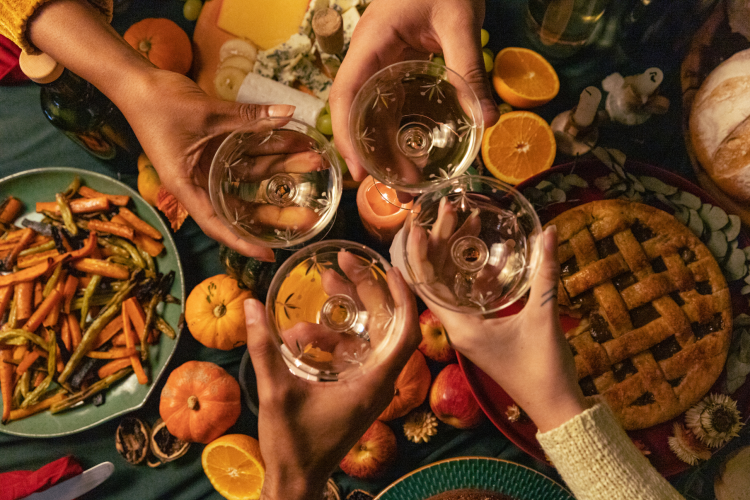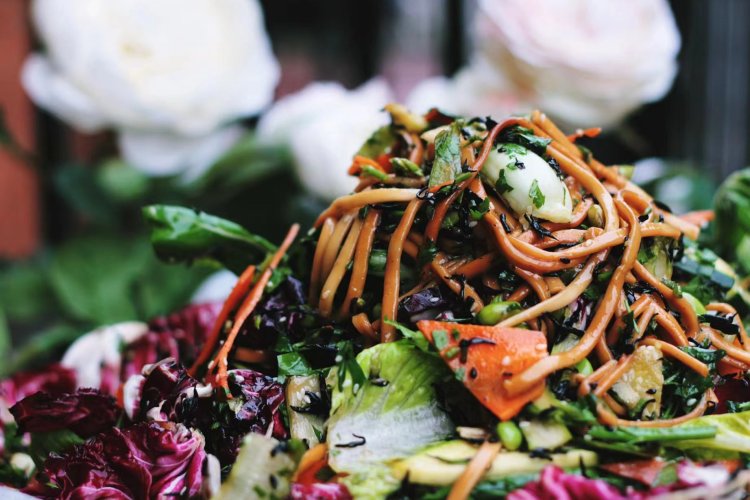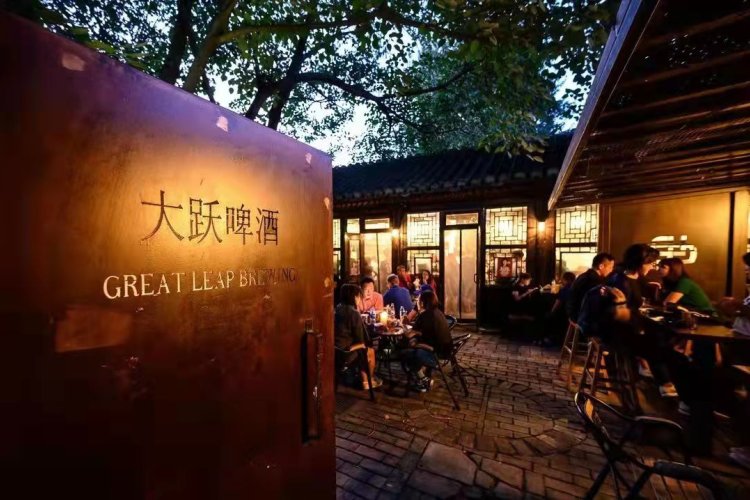A Taste of Home: Canada
“A Taste of Home” is a regular magazine column in which we ask the natives of a particular country to introduce us to their national cuisine.
“Our strong suit is quality,” says Canadian Ambassador David Mulroney at The Cut in the Fairmont Hotel. Enjoying a succulent slab of Canadian prime beef tenderloin, it’s hard to disagree. But quality of ingredients doesn’t guarantee availability, which is just one reason why “Canadian” restaurants are scarce in Beijing.
As part of the Canadian-owned Fairmont hotel group, the team at The Cut, helped by Canadian embassy chef Rosalyn Ediger, put together a special set menu for us. “We have some of the things on this menu in stock regularly,” says The Cut’s chef, Marcus Routbard. “Other things take a bit more effort.” One example was that Canadian beef, imports of which have been restricted since 2003. However, outgoing Senior Trade Commissioner Martin Charron is optimistic. “We look forward to having the market reopened for Canadian beef very soon,” Charron says.
So what Canadian produce is available? “You can find live seafood, mostly things like lobster and crab, in markets,” says Chef Rosalyn Ediger. “We’re bordering on three oceans, so the selection of seafood is quite varied and high in quality.” To prove the point, Chef Routbard served up a plump, tender diver scallop, topped with a charred glaze of maple syrup for an extra Canadian flourish. Fresh- water fish, however, is rare. “Pickerel is one of those dishes I miss,” sighs Chef Ediger. “To go out fishing with the family, just fry it in butter, with a bit of lemon. Oh …”
“Canadian cuisine is all about using what’s in your backyard,” Chef Routbard tells us. If Canadian cuisine reflects a fondness for or reliance on the natural environment, Beijing predictably demands compromises. Chef Ediger says she enjoys cooking meat or fish on planks of redwood cedar, a technique derived from Canada’s indigenous peoples. “I wouldn’t say it’s an everyday meal,” she tells us, “but grocery stores in Canada often sell cedar planks.” Normally this would be impossible in Beijing, but Chef Ediger snagged a stash of redwood cedar. The ambassador adds: “When the foreign minister visited, he didn’t ask me for any follow-up. He asked Rosalyn for her redwood cedar smoked salmon recipe.”
We finish with a high-end take on a simple pleasure: beaver tail (imagine a flattened donut) served with a root beer float made with maple ice cream. As Commissioner Charron points out, even when the food is done right, there’s still room for a sense of detachment. “You have to appreciate that when the weather is 35 degrees, beaver tail doesn’t taste the same as outside in a cold climate.”
Almost inevitably, the conversation turns to cheese. “I think cheese is the last cultural divide,” the ambassador opines. “Everybody has something in their culture that others look at and go, ‘How can you like that?’ I think cheese is one of those things.” So what of poutine, Canada’s favorite artery-troubling snack? “Poutine? I haven’t tried it in Beijing,” confesses the ambassador. Maybe he hasn’t been to Grinders or The Box yet.
“There’s also Vin at Liangmaqiao,” adds Ambassador Mulroney, citing Beijing’s other Canadian-influenced restaurant. Although officially a “North American” restaurant, Vin has a Canadian chef and a “very Canadian” feel, according to Chef Ediger. They also stock a decent selection of Canadian wine, which is steadily gaining a foothold in China. Commissioner Charron notes, however, that the Chinese still prefer Canadian ice wine to other imports.
Finally, there’s the strange tale of the geoduck. “There are some species that are of little interest to the average Canadian,” says Commissioner Charron. “But take them to Asia and these are very sought-after commodities. The geoduck is a clam that most Canadians have never had in their lives, but it’s popular in Asia. The Chinese call it the ‘Elephant Trunk.’” So there you go, Canadians – if you’re longing for a taste of home, there’s always the beastly geoduck.
The Cut offers a “Taste of Canada” menu similar to what we sampled, priced at RMB 788. Call at least two days in advance to book.

